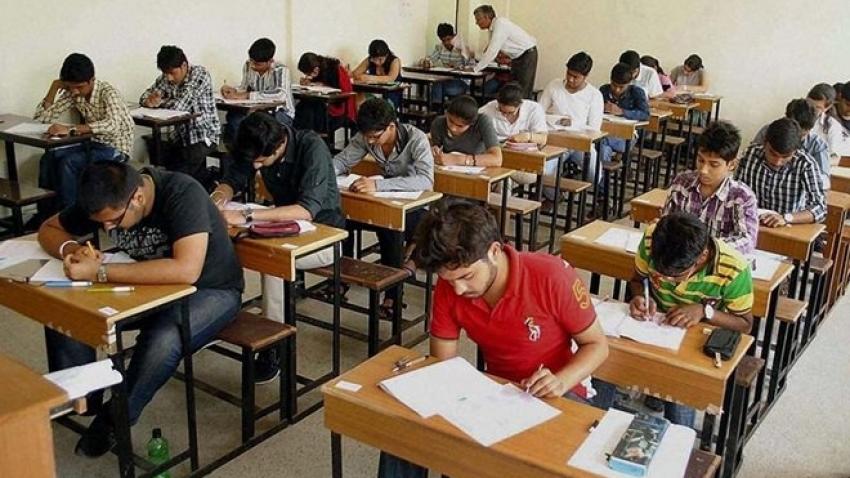The Madras High Court on Friday said the system of negative marking in competitive exams such as JEE, conducted by the CBSE, requires reconsideration as it acts only as "a bolt in the brain development" of students and prevents them from making intelligent guesses.
Justice R Mahadevan made the observation while disposing of a petition by S Nelson Prabhakar, who had appeared for JEE (Main) exam, a national level common entrance test, under SC category in 2013 and had fallen short of the cut-off score by three marks due to negative marking.
The petitioner had moved the court seeking a direction to the CBSE, New Delhi, which conducted the exam, to reevaluate his physics and mathematics answer sheets and publish the marks to enable him to take up the JEE (Advance) exam.
Though interim relief was granted by the court to allow the petitioner to appear for the exam, the CBSE declined to allow him following which he had joined an engineering course in a private college and completed it.
Noting that developed countries do not follow the system of negative marking, the judge said the court was unable to fathom as to why the method was followed by the CBSE.
Though the petition had become infructuous, the CBSE in its counter explained that for every right answer four marks would be given and for every wrong answer one mark would be deducted.
The petitioner had answered correctly 18 questions, for which he was allotted 72 marks and he had given negative answers for 25 questions, for which 25 marks were deducted and hence he had secured 47 marks, the board said.
Recording the submissions of the counsel for petitioner on the admission process of various countries like UK and Russia, the judge said, "In the considered opinion of this court, the study materials of the various countries will support the view that negative marking will not help a student to think rationally."
"In other words, negative marking does not allow a student to develop an element of guessing.. Intelligent guessing is an art.
"An individual will come across a situation, where he or she has to decide an issue not merely based on his knowledge, but with little guessing," he observed.
"In a competitive examination, the students come prepared with varied degree of preparation. As such, when a student is not sure about the answer, he or she attempts to take intelligent guessing," he said.
This type of intelligent guessing should be permitted and encouraged, as it would help the students in their future life, whereas, the attempt of CBSE in awarding negative marks would totally eradicate the habit of intelligent guessing, the judge said.
"Negative marking acts only as a bolt in the brain development of the students," he said.

